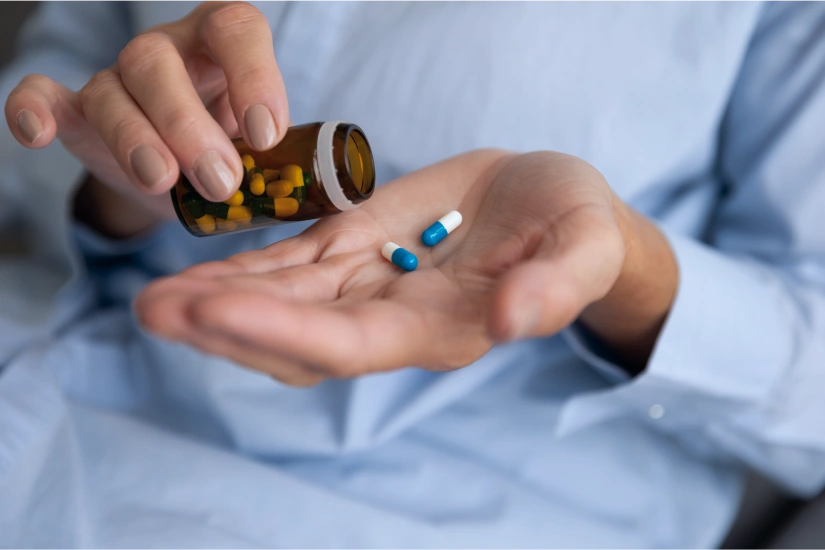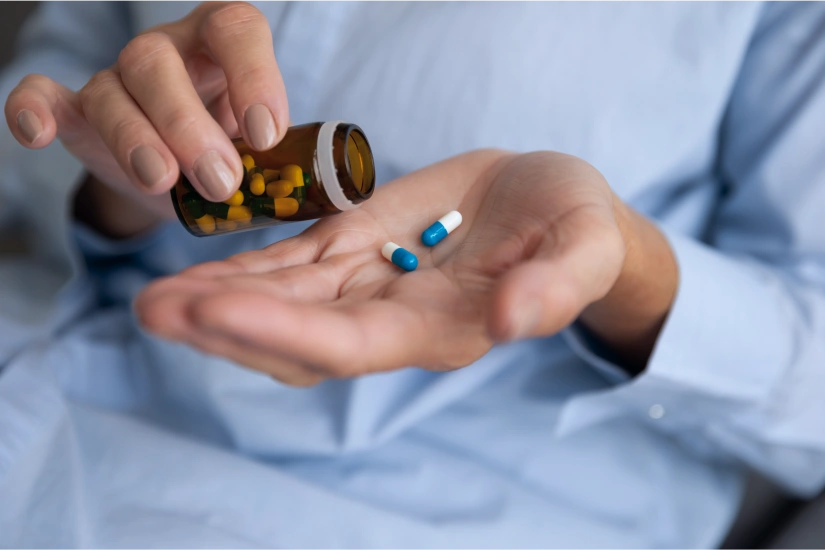24/7 Helpline:
(866) 899-221924/7 Helpline:
(866) 899-2219
Learn more about PTSD Treatment centers in Locust
PTSD Treatment in Other Cities

Other Insurance Options

Self-pay options

United Health Care

UnitedHealth Group
Beacon

Optum

Ambetter

MHNNet Behavioral Health

AllWell

Anthem

ComPsych

Lucent

Health Choice

BlueShield

Excellus

Group Health Incorporated

Cigna

Molina Healthcare

Evernorth

American Behavioral

Horizon Healthcare Service


Monarch
Monarch is a behavioral health treatment rehab facility located in Albemarle, NC for adults and chil...

Stanly Regional Medical Center – Behavioral Health
Stanly Regional Medical Center – Behavioral Health is a private rehab located in Albemarle, North Ca...

Daymark Recovery Services
Daymark Recovery Services is located in Albemarle, North Carolina. Daymark Recovery Services is a no...








































































Genesis A New Beginning
Genesis A New Beginning is a private rehab located in Albemarle, North Carolina. Genesis A New Begin...

AA – Alcoholics Anonymous
AA – Alcoholics Anonymous is a non-profit rehab located in Albemarle, North Carolina. AA – Alcoholic...

Carolinas HealthCare System Behavioral Health
Carolinas HealthCare System Union offers outpatient and partial hospitalization program for those ad...


















































